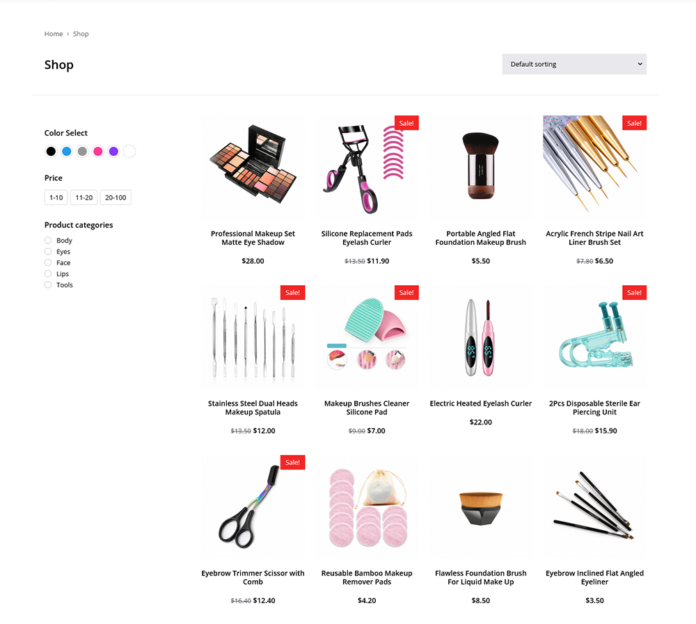It’s almost a year into the COVID-19 pandemic and around 200 vaccine candidates are in the works and 10 have been either approved by several countries, while 10 have been either approved by several countries or are under limited emergency use. As India is all set to launch its vaccine drive on January 16, here are few options researched by PBD, must know. Have a look!
- MODERNA: Developed by Bharat Biotech in collaboration with the Indian Council of Medical Research and the National Institute of Virology, the indigenous vaccine has been granted emergency use authorised in ‘clinical trial mode’ by the Indian government. It is an “inactivated” vaccine developed by chemically treating novel coronavirus samples to make them incapable of reproduction. This process leaves the viral proteins, including the spike protein of the coronavirus which it uses to enter the human cells, intact. Given as two doses, three weeks apart, the viral proteins in the vaccine activate the immune system and prepare people for future infections with the actual infectious virus. According to Bharat Biotech, the therapeutic can be stored at room temperature for at least a week. A study on the Phase 1/2 trial published in the preprint server medRxiv in December showed the therapeutic doesn’t cause any serious side effect. However, there has been no further data release in the public domain which could demonstrate that the vaccine is sale and effective.
- COVISHIELD: Co-developed by the University of Oxford and British Swedish company AstraZeneca known as Covishield in India, the vaccine was the first on which a scientific study was published based on Phase 3 clinical trials. It has so far been given emergency use authorization in the UK Argentina, Mexico and India. The scientist has engineered a version of adenoviruses that infect chimpanzees to carry the gene responsible for the spike protein of the novel coronavirus. It requires two doses, provided four weeks apart, to produce the desired effects. According to virologist Upasana Ray form the CSIR Indian Institute of Chemical Biology, Kolkata, the AstraZeneca-Oxford vaccine is less restricted inters of cold storage as it can be stored, transported and handled at normal refrigerator temperatures (2-8 degrees Celsius) for at least six months.
- MODERNA: The mRNA vaccine by US-based company Modema has so far been approved for use in Israel, the EU, Canada and the US. A study of the efficacy of Moderna vaccine revealed it has 94.1 per cent efficacy in preventing the disease. In this type of vaccine, the messenger RNA-or mRNA- acts as a blueprint for the production of the coronavirus spike protein and is encapsulated by lipid molecules and delivered into human cells. The cells of the vaccine recipient then use this mRNA genetic code to produce the viral protein to train the immune system for a future encounter with the infectious coronavirus. Administered as two doses, four weeks apart, the Moderna vaccine can reportedly be stored in the refrigerator at 2-8 degrees Celsius it can be stored for up to six months. This is still a challenge for many developing countries in the tropical regions that experience very high temperatures in the summer months.
- PFIZER-BIONTECH: The US-based Pfizer-Biotech’s COVID-19 preventive, like the Modern vaccine, is based on the segments of the genetic material of the novel coronavirus. Preliminary data from the clinical trials showed that two doses of the vaccine, given three weeks apart, provided an efficacy of over 90 per cent. Following the results, the UK, Canada, the EU and Saudi Arabia have approved the Pfizer vaccine for use. Several countries, including the US, Singapore, Argentina and Mexico, have given emergency use authorisation. One limitation for the Pfizer vaccine has been its requirement for ultracold storage-up-to-70 degrees Celsius. Each dose is reportedly priced at USD 37.
- SPUTNIK V: Sputnik V from Russia’s Gamaleya Research Institute has been approved for emergency use by several countries but awaits more results from Phase 3 trials. An adenovirus vectored vaccine, Sputnik V is produced using s combination of two adenoviruses called Ad5 and Ad26. Preliminary evidence from Phase 3 trials indicates it is 90 per cent effective when given as two doses, three weeks apart.
- CONVIDECIA: The adenovirus vectored vaccine developed by the Chinese company CanSino Biologics is also under Phase 3 trials and has already been approved for limited use by the Chinese military. Since August, the vaccine has been part of Phase 3 trials in several countries, including Russia, Mexico and Pakistan.
- CORONAVAC: Another Chinese company, Sinopharm, has also made progress with its inactive vaccine dubbed CoronaVac. It has been given emergency approval for limited use in the country. The vaccine is reportedly provided as two doses, administered two weeks apart. Scientists are yet to published a study on the trial conducted so far.
- VECTOR INSTITUTE: Russia’s Vector Institute has developed a protein vaccine. It is currently under Phase 3 clinical trials. It uses modified versions of the coronavirus spike protein to induce immunity. The vaccine reportedly can be stored at 2-8 degrees celsius for up to two years. Data on the efficacy of the therapeutic is yet to be released.
- NOVAVAX: After showing promising results in Phase 1-2 trials, and in animal experiments, the vaccine developed by US company Novavax is currently under Phase 3 clinical trials. It uses modified versions of the coronavirus spike protein to induce immunity and can reportedly be stored at 2-8 degrees Celsius. After some setbacks in manufacturing the doses required for the Phase 3 study in the US, the trial was finally launched on December 28.
- JOHNSON & JOHNSON: The adenovirus vectored vaccine by the American company has shown protection against the coronavirus in experiments in monkeys and is currently part of Phase 3 clinical trials. Unlike other vaccines, this vaccine is reportedly provided as a single dose, but trials are currently underway to test its efficacy as two doses. The company had noted that the therapeutic can be stored for up to three months when refrigerated at 2-8 degrees Celsius, and up to two years when frozen at -20 degrees Celsius.








